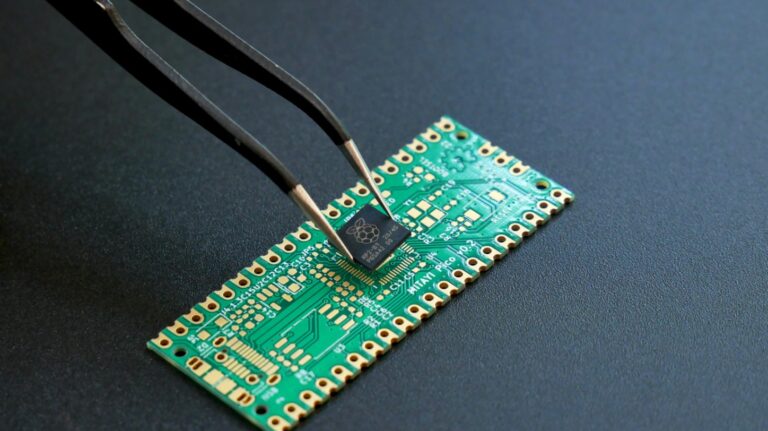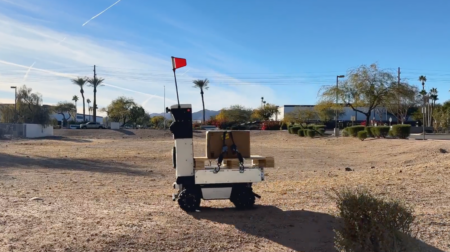In a move intended to boost semiconductor production and the creation of more than 160 new jobs, the Biden-Harris Administration has reached a non-binding preliminary memorandum of terms with Polar Semiconductor.
This agreement, forged in partnership with the US Department of Commerce, could potentially channel up to US$120 million (£96m) in federal incentives to Polar, driving the company towards achieving status as an independent American foundry.
Polar Semiconductor, based in Bloomington, Minnesota, is poised to undergo a significant expansion and modernisation courtesy of the proposed funding. This investment aims to double its production capacity for sensor and power chips within the next two years. Notably, this initiative not only tackles critical shortages observed during the Covid-19 pandemic but also enhances supply chain resilience in the US. This is especially crucial for sectors integral to national security, including automotive, healthcare, aerospace and defence.
The investment, made possible by the CHIPS and Science Act signed into law by president Biden in 2022, is marked as a strategic effort to reduce reliance on foreign sources for essential semiconductor technologies. “Thanks to president Biden’s leadership, with this announcement we are making taxpayer dollars go as far as possible to create jobs, secure our supply chains and bolster manufacturing in Minnesota,” remarked US secretary of commerce Gina Raimondo.
The proposed funding, which leverages a collaborative approach involving private and state contributions, underscores a concerted effort to transform Polar into a majority US-owned commercial foundry. Raimondo commented: “They will be able to expand their customer base and create a stable domestic supply of critical chips, made in America’s heartland.”
Apart from job creation and supply chain security, the agreement also seemingly emphasises environmental responsibility. Polar Semiconductor shared in a statement its commitment to utilising clean and renewable energy sources for its operations and prioritising water conservation efforts, aligning with broader sustainability goals.
“The future of the semiconductor industry is being built right here in the United States, and Polar will be part of that innovation boom,” affirmed Arati Prabhakar, assistant to the president for science and technology and director of the White House Office of science and technology policy. “This proposed federal investment will catalyse US$525m (£418m) from private companies and the state of Minnesota to create a healthy supply of made-in-Minnesota semiconductors that are essential to producing cars, electrical grids, defence systems and more.”
Surya Iyer, president and COO of Polar Semiconductor, expressed gratitude for the support received from the federal government and the state of Minnesota, and highlighted the significance of the investment in securing the future of American semiconductor manufacturing.








